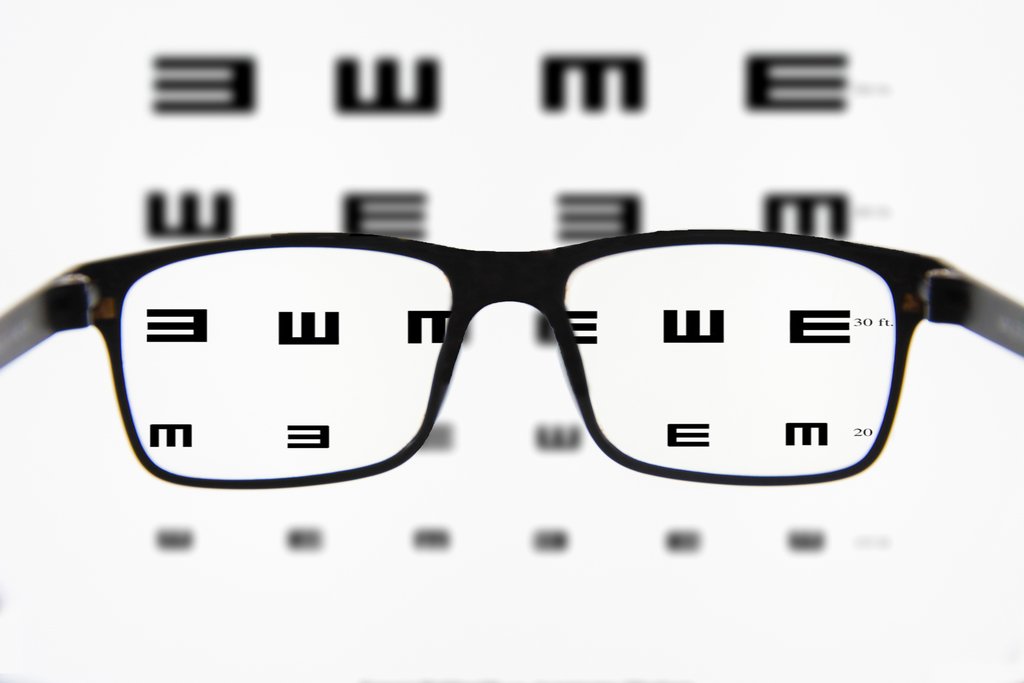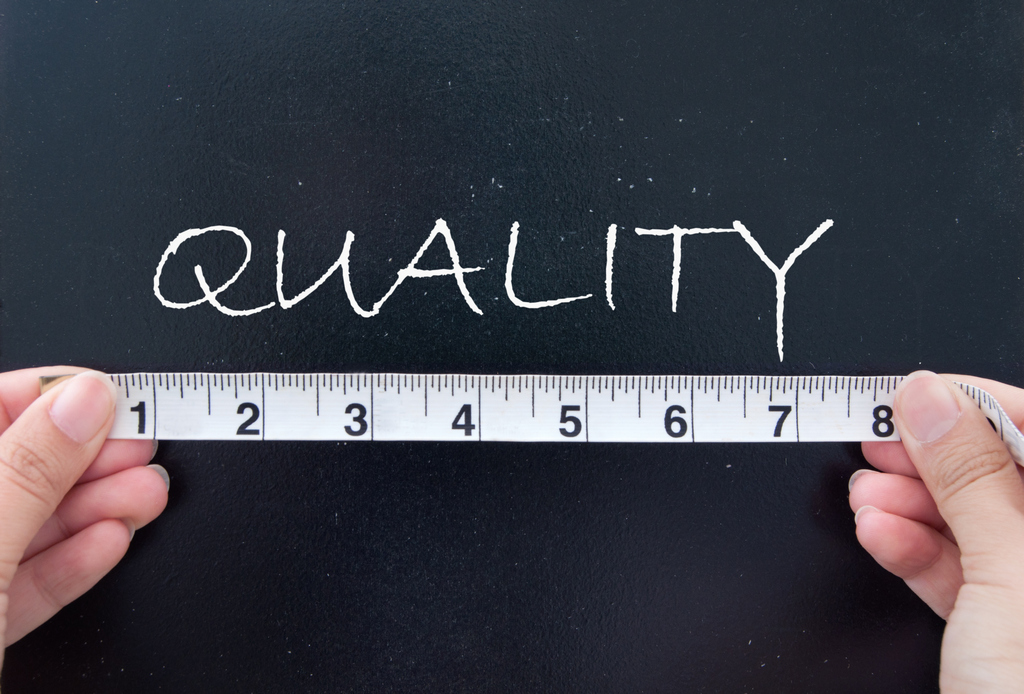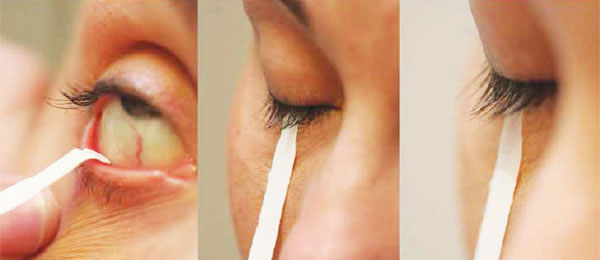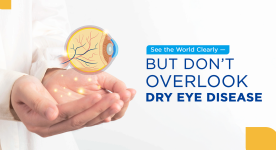Diagnostic tools for dry eye disease
Have you ever felt like you have something in your eyes? Itching or irritating sensation? Redness or blurry vision? If yes, you may have a dry eye syndrome, so you should visit an ophthalmologist for a proper diagnosis. So, how do doctors know exactly what is wrong with your eyes? Basically, there are five tools frequently used by eye doctors1-4:
1. Questionnaires
At first, your doctor may ask you several standard questions to determine if you might have DED. These questions may not solely identify all your underlying problems, but they provide your doctor with evidence and suggestion for diagnoses.1-4

- Suvarna P. Phadatare, et al. A Comprehensive Review on Dry Eye Disease: Diagnosis, Medical Management, Recent Developments, and Future Challenges. Advances in Pharmaceutics. http://dx.doi.org/10.1155/2015/704946
- Dry eyes. Mayo Clinic. https://www.mayoclinic.org/diseases-conditions/dry-eyes. Last accessed August 25, 2019.
- Facts About Dry Eye. The national eye institute. https://nei.nih.gov/health/dryeye/dryeye. Last accessed August 25, 2019.
- C Stephen Foster. Dry Eye Disease (Keratoconjunctivitis Sicca). Medscape. Last accessed August 25, 2019.
2. Full eye exam
During the testing process, doctors will need to examine your eyes. This routine includes physical exams, reviewing your health history, and locating pre-existing problems you may have.1-4

- Suvarna P. Phadatare, et al. A Comprehensive Review on Dry Eye Disease: Diagnosis, Medical Management, Recent Developments, and Future Challenges. Advances in Pharmaceutics. http://dx.doi.org/10.1155/2015/704946
- Dry eyes. Mayo Clinic. https://www.mayoclinic.org/diseases-conditions/dry-eyes. Last accessed August 25, 2019.
- Facts About Dry Eye. The national eye institute. https://nei.nih.gov/health/dryeye/dryeye. Last accessed August 25, 2019.
- C Stephen Foster. Dry Eye Disease (Keratoconjunctivitis Sicca). Medscape. Last accessed August 25, 2019.
3. Measuring the quality of your tears (Tear breakup time)
Another way to test for DED is to measure the quality of tears using special eye drops. The dyes in the eye drops will indicate how long your tears cover the eye surface, and when the first dry spot appears. If your tears evaporate too quickly, this is a strong evidence for the doctors to make an accurate diagnosis.1-4

- Suvarna P. Phadatare, et al. A Comprehensive Review on Dry Eye Disease: Diagnosis, Medical Management, Recent Developments, and Future Challenges. Advances in Pharmaceutics. http://dx.doi.org/10.1155/2015/704946
- Dry eyes. Mayo Clinic. https://www.mayoclinic.org/diseases-conditions/dry-eyes. Last accessed August 25, 2019.
- Facts About Dry Eye. The national eye institute. https://nei.nih.gov/health/dryeye/dryeye. Last accessed August 25, 2019.
- C Stephen Foster. Dry Eye Disease (Keratoconjunctivitis Sicca). Medscape. Last accessed August 25, 2019.
4. Measuring the amount of your tears (Schirmer's test)
Another way which might be used to diagnose DED is by measuring your tear production. In this test, the doctors will put a piece of special paper under your lower eyelids, wait for 5 minutes and calculate the part of the paper which absorbed your tears.1-4

- Suvarna P. Phadatare, et al. A Comprehensive Review on Dry Eye Disease: Diagnosis, Medical Management, Recent Developments, and Future Challenges. Advances in Pharmaceutics. http://dx.doi.org/10.1155/2015/704946
- Dry eyes. Mayo Clinic. https://www.mayoclinic.org/diseases-conditions/dry-eyes. Last accessed August 25, 2019.
- Facts About Dry Eye. The national eye institute. https://nei.nih.gov/health/dryeye/dryeye. Last accessed August 25, 2019.
- C Stephen Foster. Dry Eye Disease (Keratoconjunctivitis Sicca). Medscape. Last accessed August 25, 2019.
That’s a lot of tests, right? It is important to remember that self-diagnosis could be incorrect. If you think that you have DED, scheduling an appointment right away is a great decision.









